Applied Behavior Analysis Therapy (ABA)
Applied Behavior Analysis therapy is an evidence based practice on science of learning and behavior. ABA therapy applies our understanding of how behavior works to real situations. The goal is to increase behaviors that are helpful and decrease behaviors that are harmful or affect learning.
ABA therapy programs can help:
- Increase language and communication skills
- Improve attention, focus, social skills, memory, and academics
- Decrease problem behaviors
The methods of behavior analysis have been used and studied for decades. They have helped many kinds of learners gain different skills – from healthier lifestyles to learning a new language. Therapists have used ABA to help children with autism and related developmental disorders since the 1960s.
Applied Behavior Analysis involves many techniques for understanding and changing behavior. ABA is a flexible treatment:
- Can be adapted to meet the needs of each unique person
- Provided in many different locations – at home, at school, and in the community
- Teaches skills that are useful in everyday life
- Can involve one-to-one teaching or group instruction
Credit: @Autism Speaks


